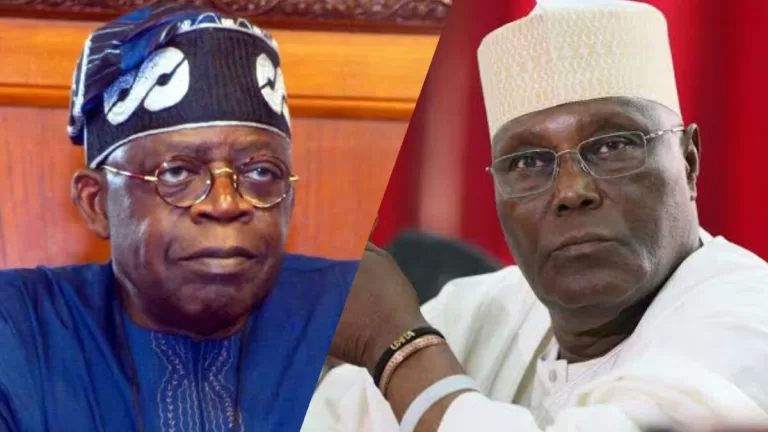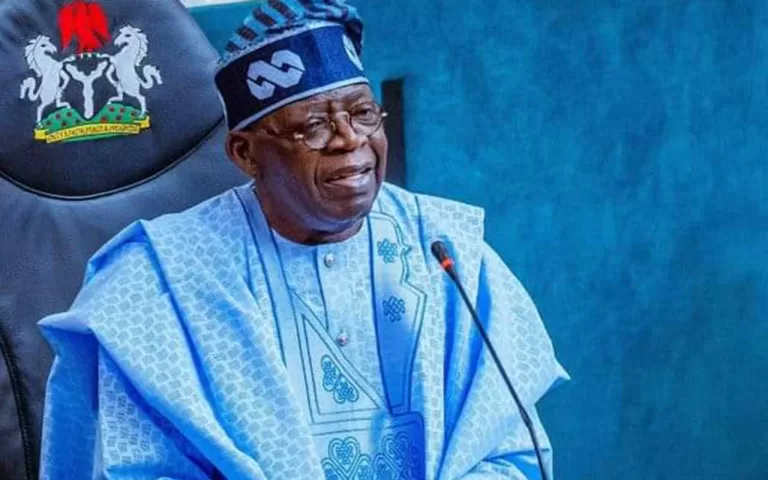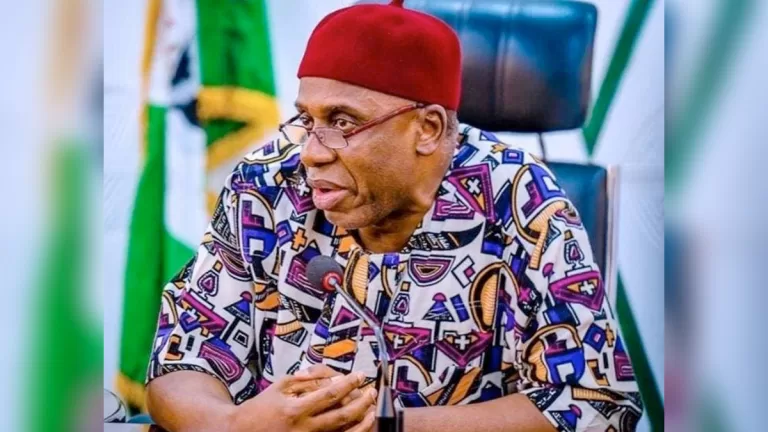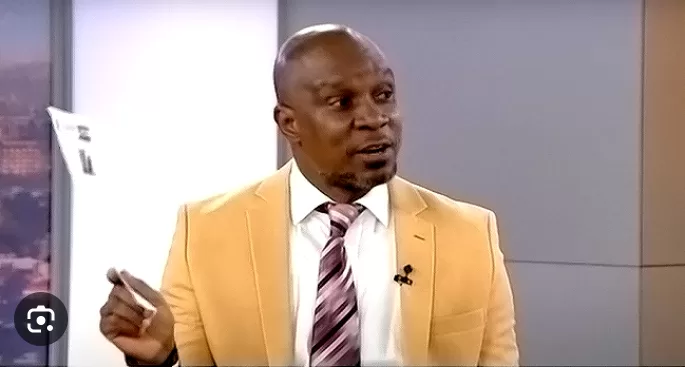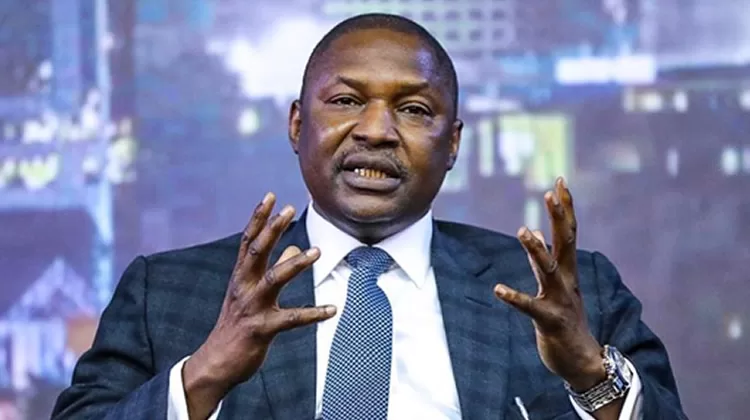
Birnin Kebbi, Nigeria — Former Attorney-General of the Federation and Minister of Justice, Dr. Abubakar Malami, SAN, has refuted claims that the Congress for Progressive Change (CPC) bloc within the All Progressives Congress (APC) has ruled out defection and thrown its support behind President Bola Tinubu for the 2027 general elections.
Malami’s response comes on the heels of a communique issued by a faction led by Senator Umaru Tanko Al-Makura, which declared unwavering loyalty to the APC and President Tinubu. The group included other prominent political figures such as former Katsina governor Bello Masari and ex-Education Minister Adamu Adamu.
In a statement issued through his media aide, Muhammed Bello Doka, Malami rejected the declaration as unrepresentative of the CPC bloc, which originated as former President Muhammadu Buhari’s political platform before merging into the APC in 2013.
“When you say CPC bloc, one needs to ask who is being referred to. Is it the same individuals who were recently disowning Buhari in a bid to stay politically relevant?” Malami questioned, casting doubt on the group’s authority to speak for the bloc.
He stressed that any endorsement or political decision by the CPC bloc must be made collectively, not by individuals acting in pursuit of personal gain.
Rumoured Defection Denied
Addressing speculation that he was set to defect to the Social Democratic Party (SDP), Malami dismissed the rumour as “a figment of the imagination” of political opponents.
“Malami is still a member of the APC,” his aide clarified. “He is in broad consultation with various political platforms, and until those discussions are concluded, any talk of defection is premature.”
While affirming his continued engagement in national and state-level politics, Malami made it clear he retains the constitutional right to join any political party or contest any position in Kebbi State.
A Party Divided?
The internal rift highlights ongoing tensions within the APC, particularly among legacy factions like the CPC — one of the key groups that merged to form the ruling party. Despite public displays of unity, recent events suggest ideological and strategic differences persist.
Two weeks ago, APC National Chairman Abdullahi Ganduje visited former President Buhari in Kaduna to seek his intervention in reconciling CPC-affiliated members threatening to leave the party. Buhari’s response was measured but pointed:
“People have the right to join any party of their choice,” he said.
The remark, while neutral, further signals that the CPC bloc’s cohesion — and loyalty to the APC — remains far from settled.
As the 2027 political season inches closer, the coming months may reveal whether these fractures within Nigeria’s ruling party can be mended — or whether deeper realignments are inevitable.


